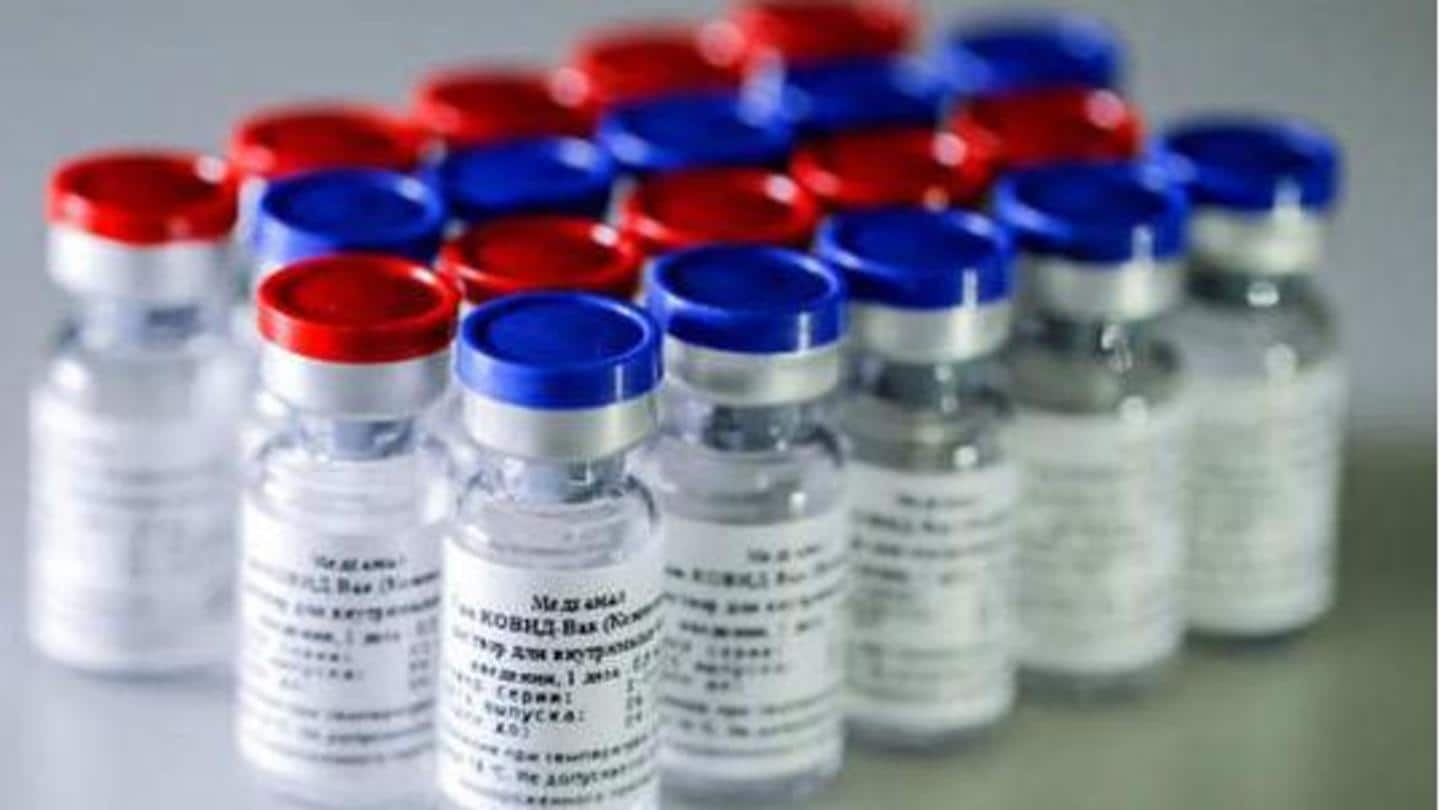
Sputnik V: Russia starts public distribution of COVID-19 vaccine
What's the story
In a major move, Russia has started the public distribution process of its 'Sputnik V' COVID-19 vaccine.
The first batch of the shot, which was approved last month by President Vladimir Putin, has gone into circulation and is expected to reach several regions of the country very soon.
Here is all you need to know about it.
Announcement
First batch passed quality tests and released
In a recent public statement quoted by ANI, the Russian Health Ministry announced the roll-out of Sputnik V.
It said, "The first batch of the 'Gam-COVID-Vac' [Sputnik V] vaccine for the prevention of the new coronavirus infection has passed the necessary quality tests in the laboratories of Roszdravnadzor [Russia's medical device regulator] and has been released into civil circulation."
Deliveries
Deliveries expected very soon
While the Ministry did not say how many doses have been released and to where, it did say that deliveries would be made across several Russian regions "in the nearest future."
To recall, just a few days back, Moscow's Mayor Sergey Sobyanin suggested that most of the people living in the country's capital would be vaccinated against the deadly virus in the coming months.
Coverage
Initial vaccinations would cover risk groups
That said, it must be noted that the first batches of doses are likely to be given to people under high-risk groups such as front-line health workers, senior citizens, and teachers.
These drives, as Russian Health Minister Mikhail Murashko previously explained, will be carried out in parallel with post-registration Phase-3 clinical trials and followed by mass-inoculation campaigns starting later in October or November.
Results
Russia's Sputnik V has been part of a controversy
Developed by Gamaleya Research Institute of Epidemiology and Microbiology, Sputnik V was registered on August 11, with President Putin claiming that the shot forms a stable immunity and one of his daughters has already been inoculated.
However, the approval of the shot within just two months of testing, and no public data has been a major point of debate in the scientific community.